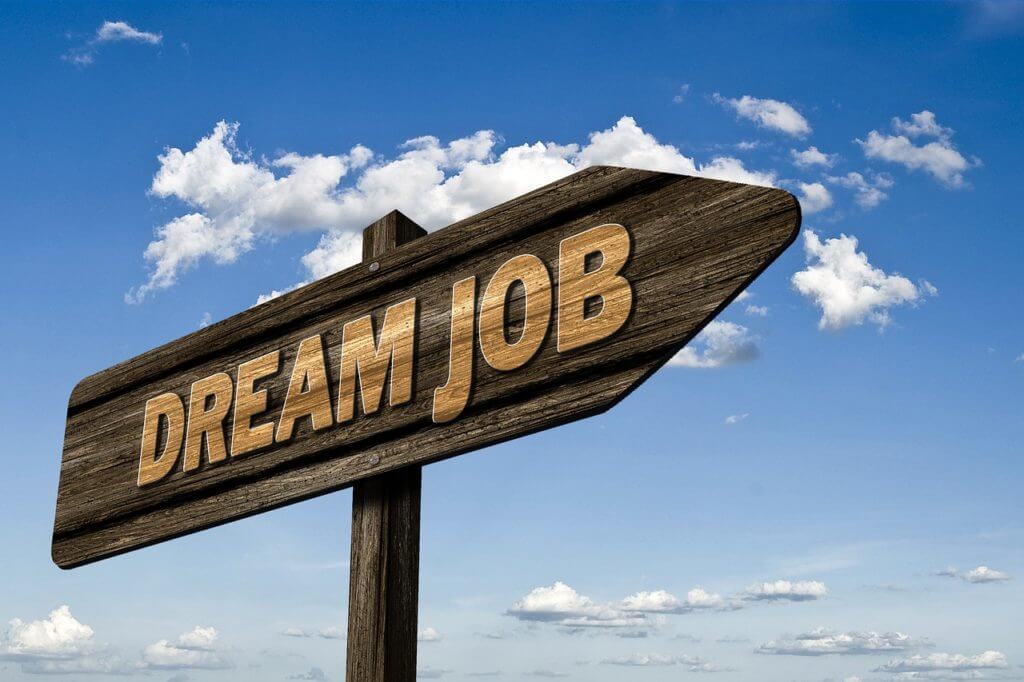My friend Sandra (not her real name) called me up and asked me to review her resume. She was applying for a new job within her organization and hadn’t done the “interview thing” in nearly 10 years. Sandra’s resume showed an impressive series of increased responsibilities and job titles over her decade-long tenure with her current employer. It was a nice, solid resume.
The one thing that Sandra’s resume was lacking? A list of accomplishments that formed a cohesive narrative about her contributions over the years to her employer’s organizational objectives. I mentioned this to Sandra and we got to work turning a handful of her “responsibilities” into stated “accomplishments.”
This is a trap many of us fall into during our job search: we list out our responsibilities on our resume, not the outcome or accomplishment that those responsibilities or tasks garnered. As a former HR generalist, as well as a hiring manager, I’m here to tell you that both are important. The person who screens your resume needs to first see your responsibilities because this list answers the questions, “What tasks has the candidate done in their previous roles?” and “Does this person have relevant experience for the job I’m hiring for?”
But many job-seekers stop there. That’s a mistake. Hiring managers also want to know, “How has this job-seeker’s actions produced results for their organization?” and, “Does this person understand how their work connects to the broader mission of an organization?” Listing a few key, measurable accomplishments on your resume will help you answer these questions for prospective employers. To my way of thinking, when it comes to resumes, it’s not a list of responsibilities or accomplishments it’s both.
Here’s the rub: writing out accomplishments is tough. Depending on our job responsibilities, it can be difficult to measure the impact of what we do each day. That’s why so few people take the time to think it through and incorporate it into their resumes. But if you want to make sure that your resume lands in the “to interview” pile—and that your interview is memorable to a hiring manager who has talked with dozens of applicants—creating a compelling list of accomplishments is imperative.
One of the most comprehensive (and easiest) formats that I’ve found to create accomplishments comes from my friend Dana Theus of InPower Coaching. Dana is an executive coach who works with people seeking to advance in their career. She wrote an excellent article on now to answer the question, “What is your greatest accomplishment?” I’d strongly recommend that you check it out even if you aren’t currently job-seeking. In fact, when you’re not actively job searching is the perfect time to start your list of accomplishments because as Dana explains, you don’t want to wait until you need to look for a job before you list out your accomplishments. In an ideal world you will keep a list handy and use it not only for interviewing, but to boost your LinkedIn profile, add weight to your performance reviews and even use during networking events.
So, back to my friend Sandra. You might be wondering, how did she fare during the interview process? She got the job! Even though the hiring manager knew Sandra prior to the interview, he didn’t realize the breath of her capabilities beyond the interactions that he had had with her over the years. In this way, listing her accomplishments (on both the resume and during the interview) helped the hiring manager visualize future contributions that Sandra would be able to make, based on her list of previous achievements.
Ready to give attention to your list of accomplishments? Go on over to Dana’s blog and read her blog post on writing your “what is your greatest accomplishment” or better yet, download her worksheet on how to write your resume accomplishments. I did the download and it was very helpful, even though I’m not currently on the hunt for a new job.
Good luck!

Leave a Reply